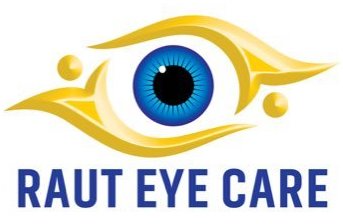
The Pupil Reaction Test is a diagnostic procedure used to assess the function of the optic nerve and other neurological structures of the eye.During the test, the doctor will shine a light into the eye and observe the size and shape of the pupil. The pupil should constrict (become smaller) when exposed to light.
The doctor will also observe how quickly the pupil can adjust to changes in light intensity.Abnormal pupil reactions may be caused by a variety of conditions, including glaucoma, stroke, brain tumor, or optic nerve damage.
The pupil reaction test is a useful tool for detecting and diagnosing these conditions.






